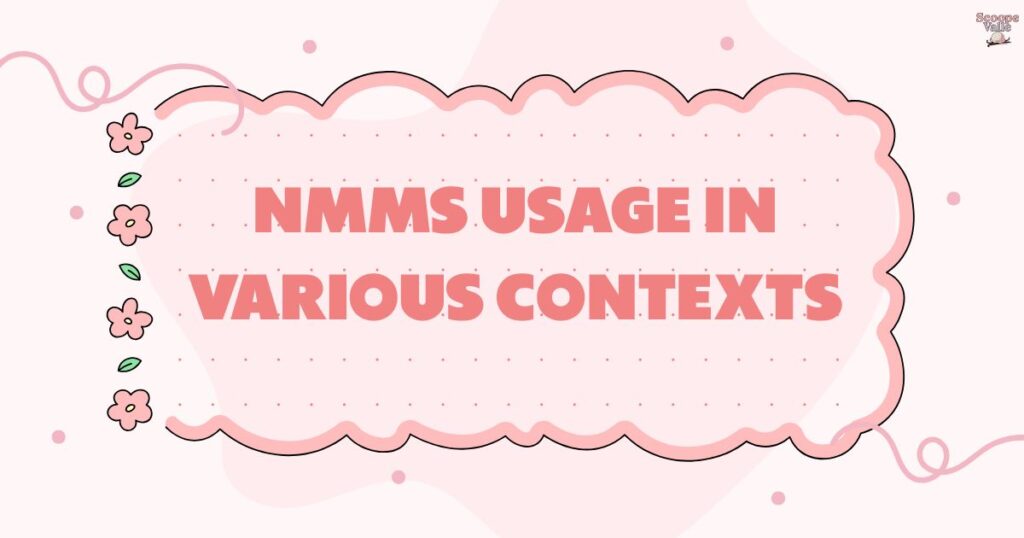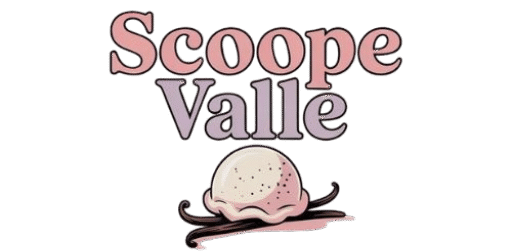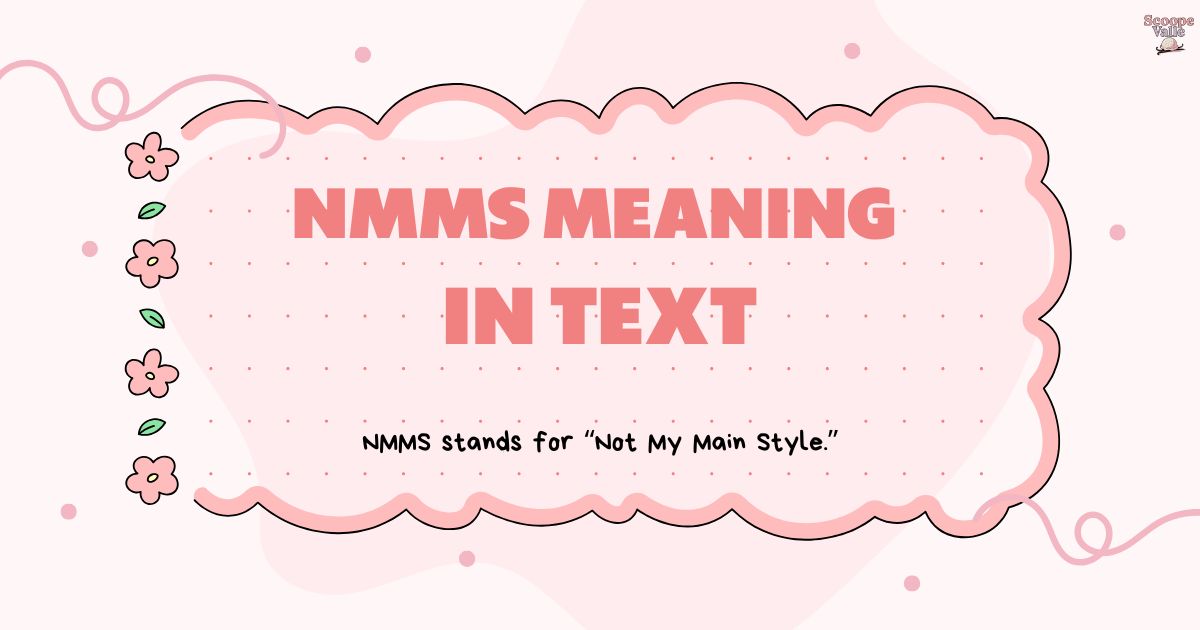In today’s digital world, short forms, acronyms, and slang expressions are everywhere. Whether you’re chatting with friends on WhatsApp, posting on Instagram, or gaming online, you’ll see people using abbreviations to save time. One such term is NMMS, and if you’ve ever wondered what it means, you’re in the right place.
This guide will explain everything about NMMS its meaning, how to use it, examples in daily life, and even common mistakes people make while using it. By the end, you’ll feel confident about understanding and using NMMS naturally in your conversations.
Definition & Meaning
NMMS stands for “Not My Main Style.”
It’s a casual phrase people use when they want to say something isn’t really their preference, habit, or usual way of doing things. Instead of writing a full sentence like “That’s not my usual style,” people shorten it to NMMS in chats.
For example:
- If someone offers you sushi but you prefer pizza, you might say, “Thanks, but NMMS.”
- If you tried wearing bright neon clothes and felt they didn’t suit you, you could tell a friend, “It’s fun, but NMMS.”
The meaning is simple: it’s not rejecting something completely but showing that it isn’t what you normally choose.
Also read: GTFO Meaning in Text: Your Ultimate Guide to This Bold Acronym
Real-Life Examples
To understand better, here are some situations where NMMS can be used:
Texting
- Friend 1: “You should try skateboarding.”
- Friend 2: “I did once, but NMMS. I prefer cycling.”
Social Media
- Instagram Caption: “Tried baking a cake today. Fun experience, but NMMS.”
- Twitter Post: “Downloaded a new dating app. NMMS—I’ll stick to the old one.”
Gaming
- Player 1: “Use the sniper, it’s the strongest weapon!”
- Player 2: “NMMS. I like close combat better.”
Casual Conversations
- Person A: “Why don’t you dye your hair pink?”
- Person B: “I thought about it, but NMMS. I like natural colors.”
Background & History
The rise of NMMS can be traced back to online chat culture and texting. In the early 2010s, when social media platforms like Facebook, Twitter, and Instagram became popular, young people started shortening phrases to communicate quickly.
At first, NMMS was a niche term found mostly in online forums and gaming chats. Over time, it spread into everyday texting and even social media captions. By the late 2010s, it became a common slang expression for showing preferences without sounding rude.
Its popularity also comes from its flexibility you can use NMMS in almost any casual situation. That’s why it has stayed relevant in modern digital language.
Usage in Various Contexts

The beauty of NMMS is that it works in different scenarios. Let’s break it down.
Texting
- “Tried yoga today, but NMMS. I’ll stick to jogging.”
- “I could go to the party, but honestly NMMS. I’d rather chill at home.”
Social Media
- Comment: “Everyone’s into iced coffee these days, but NMMS. I like hot coffee.”
- Post: “Watched a horror movie last night. Entertaining, but NMMS.”
Gaming
- “I don’t usually play as a healer. NMMS, I prefer attacking roles.”
- “That character looks cool, but NMMS. Not my kind of gameplay.”
Casual Conversations
- “I tried sushi once. NMMS. I’ll stick to burgers.”
- “I went hiking last weekend. Fun, but NMMS. I’m more of a beach person.”
Common Misconceptions & Clarifications
Many people misunderstand the meaning of NMMS, mainly because it looks similar to other common acronyms used in texting. One common misconception is that NMMS means the same as “Never Mind,” which is usually shortened to NM or NVM. This is not correct. It is used to show personal preferences rather than to dismiss something.
Another misunderstanding is that NMMS is rude or dismissive. In reality, it is a neutral phrase and often depends on the tone in which it is used. For example, adding a smiley face or emoji makes it sound friendly and casual. Some people also believe that saying NMMS means you dislike or reject something completely, but that’s not the case. It simply means that while you may have tried something, it’s not your usual style or preference.
Similar Terms & Alternatives
Here are some words and acronyms similar to NMMS:
- NM (Never Mind): “NM, I already figured it out.”
- NVM (Never Mind): “NVM, it’s not important anymore.”
- IDC (I Don’t Care): “IDC what we eat tonight.”
- TBH (To Be Honest): “TBH, NMMS.”
- Not my thing: “I tried golf, but it’s not my thing.”
- Not my cup of tea: A British version meaning the same thing.
How to Respond to This Term
Your response to NMMS depends on the situation.
Casual
- Friend: “I tried skateboarding, but NMMS.”
- You: “No worries, do what you enjoy!”
Funny
- Friend: “NMMS when it comes to spicy food.”
- You: “Haha, so you’re a ketchup-level spice person!”
Professional
- Colleague: “I tested the new software, but NMMS.”
- You: “That’s fine. We can find something that suits your workflow better.”
Regional or Cultural Differences
Although NMMS is mostly used in English-speaking countries, the idea behind it is universal. People in different regions express the same thought differently:
- UK: “Not my cup of tea.”
- US: “Not really my style.”
- India/Pakistan: “Not my scene.”
So even if NMMS isn’t used globally, its meaning is easy to understand across cultures.
Comparison with Similar Terms
| Term | Meaning | Usage Context |
|---|---|---|
| NMMS | Not My Main Style | Casual, showing preferences |
| NM | Never Mind | Dropping or dismissing something |
| NVM | Never Mind | Same as NM |
| IDC | I Don’t Care | Showing indifference |
| TBH | To Be Honest | Sharing an honest opinion |
Usage in Online Communities & Dating Apps
Online spaces are filled with slang, and NMMS fits right in.
- On Twitter/X: “Tried bubble tea today. Fun, but NMMS.”
- On Instagram bios: “Hiking enthusiast. Clubbing? NMMS.”
- On dating apps like Tinder: “I love pets, but horror movies? NMMS.”
This makes it easy for people to quickly express what they like or don’t like.
Hidden or Offensive Meanings
The good thing about NMMS is that it doesn’t carry hidden or offensive meanings. It’s straightforward and friendly. The only issue is tone if you say it sarcastically, it could come across as dismissive. Otherwise, it’s safe to use.
Suitability for Professional Communication
While NMMS works well in casual settings, it’s not ideal for professional emails or workplace chats. In business communication, clarity matters. Instead of NMMS, you could say:
- “This isn’t my preferred approach.”
- “This method doesn’t match my usual style.”
FAQ’s
What does NMMS stand for?
It stands for “Not My Main Style.”
Is NMMS rude?
No, it’s a neutral phrase. The tone decides how it feels.
Can I use NMMS in professional communication?
It’s better to avoid it at work. Use full sentences instead.
Is NMMS used globally?
It’s common in English-speaking countries, but the meaning is universal.
Are there alternatives to NMMS?
Yes phrases like “not my thing” or “not my cup of tea” work well.
Does NMMS mean the same as NVM?
No. NVM means “Never Mind,” while NMMS means “Not My Main Style.”
Can NMMS be offensive?
Not really. Only sarcasm or tone could make it sound negative.
Where did NMMS come from?
It started in online communities and texting culture in the early 2010s.
Do people use NMMS on social media?
Yes, it’s very popular on Instagram, Twitter, and dating apps.
Why should I learn NMMS?
Because it helps you understand modern communication better and makes chatting easier.
Conclusion
Language is always changing, and acronyms like NMMS are proof of how creative online culture can be. NMMS, meaning “Not My Main Style,” is a simple yet powerful way to express personal preferences in texting, social media, gaming, and casual chats.
It’s not rude, doesn’t have hidden meanings, and works perfectly for lighthearted conversations. However, it’s best to avoid using it in professional contexts.
Tylor John, with five years’ experience, beautifully crafts information on all topics and inspiring readers worldwide with positivity, faith, creativity, love, and hope.

